We are approaching an important royal anniversary, which I trust will be marked with a display of the appropriate reverence for the woman involved. It is almost exactly 20 years since Princess Anne was gratuitously rude to Cherie Blair, during a reception at Balmoral. The Princess Royal can sniff out stinking fish from a distance of several miles, I think. Anyway, having been introduced to HRH for the first time, the ghastly Blair insisted that she should call her ‘Cherie’. Anne replied, icily: ‘Actually, let’s not go that way. Let’s stick to Mrs Blair, shall we?’ That put the vaulting Scouse besom in her place. Why did Anne take an instant dislike to the Prime Minister’s wife? To save time, one supposes.
We do not hear very much about Princess Anne these days, just the occasional report of her snapping a little testily at photographers or commoners. She has not explained to the world, via a television interview or through the press, her profound mental anguish and depression at having a retinue of emotionally incontinent half-wits ahead of her in the queue for the throne, although that is something she must surely feel. And so she has not been sainted by the maniacally obsessive and dangerous mental health lobby or the simpering, touchy-feely liberals. She may be the last person in our royal family to retain those truly royal genes of stoicism, discretion, a certain hauteur and a sense of bearing. I don’t think you’ll find any of that stuff in her largely idle, perpetually whining nephews — nor indeed, in her older brother. She works harder than the rest of them, fulfilling her duties uncomplainingly. Cherie Blair later referred to her as ‘that bitch’. Acquiring the enmity, immediately, of a woman as truly awful as Blair is just one more reason Anne should have our unqualified respect. We will not see her like again, I fear.
Another anniversary is upon us, of course. It may have caught your notice. It is also 20 years since the Princess of Wales was killed, horribly, in a car crash in Paris. And so we are seeing a reprise of the same bizarre weeping and wailing, conspicuous emoting and largely confected grief from certain sections of the public and the media that accompanied her untimely passing and so astonished me — in its weird hysteria, its mawkishness — on the day of her funeral on 6 September 1997. I thought then that I had woken up in a different country. I suppose it is otiose to wonder if our current predilection for emoting, for letting it all hang out, even when there is nothing very much to hang out, for allowing an imbecilic sentimentality to rule one’s head, would have been visited upon us quite so quickly had Princess Diana not expired in the back of a Mercedes S280. That is the moment that many people pluck from their memories if asked when it all began, and her name has entered the modern lexicon to explain the process: Dianafication.
My suspicion is that we were already heading in that direction anyway — urged to express ourselves, to wallow in a kind of narcissism and solipsism: I am, and that is all that matters. I exist and I feel, so you’d better take me seriously. This suited the leftish cultural mood of the time and was undoubtedly abetted by the first reality TV shows and the growth of that most narcissistic of all mediums, the internet. But Diana was a personification of this new trait, however cruel her death may have been. She spilled her guts out and complained on TV about stuff, about her travails and how terribly badly she’d been treated.
But the signs were there long before her TV interview with Martin Bashir. The leaks from her office, the continual reports of a rift within the family, sotto voce criticism of the stuffiness of the senior royals. And the staged photographs — sitting alone looking a bit mopey by the Taj Mahal — all about me. The idea that she might subordinate her feelings for the good of some higher purpose did not sit easily with Diana. Because, according to this new mantra, there is no higher purpose than simply what one feels.
Unfair though this might seem, it is likely that Diana has brought the royal family close to an end, in a meaningful sense, in three ways: her behaviour, her genes and her death. (Unfair because, of course, she cannot be blamed for the latter two.) She was at one with the New Labour idea that the royal family should be somehow democratised — the recourse of a political party which didn’t quite have the guts to call for an abolition of the monarchy and so reached instead for an idiotic non-sequitur. This was reflected in the oxymoronic title coined by Tony Blair and Alastair Campbell: ‘the People’s Princess.’ But you cannot democratise a monarchy without chopping their heads off, and there is no such thing as a people’s princess.
Forcing the royals to abase themselves by emoting, by being folksy, by speaking in a common demotic, does not make the monarchy any more democratic — all it does is rob the monarchy of those things which have enabled it to survive all these centuries. Robs it of a sense of mystery, of aloofness from the general, of dignity, of being above the fray and ruling uncomplainingly. The very qualities we have witnessed for the past 65 years from Queen Elizabeth and the Duke of Edinburgh.
All now gone, I think. When Prince Philip announced his retirement earlier this year one could sense the baton being handed over to a very different set of creatures, creatures who will not be rude to foreigners but might well cry on television. It is difficult to see what exactly is royal about Princes William and Harry, except for their blood and their titles. And nobody thinks any of that matters any more, do they?
Got something to add? Join the discussion and comment below.
Get 10 issues for just $10
Subscribe to The Spectator Australia today for the next 10 magazine issues, plus full online access, for just $10.


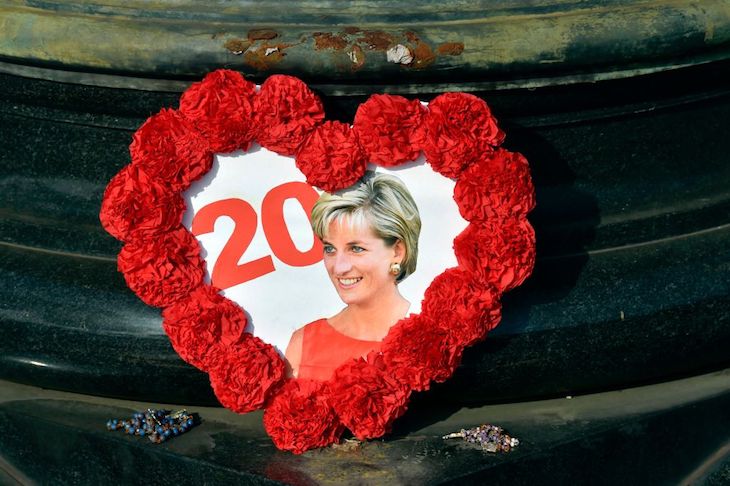
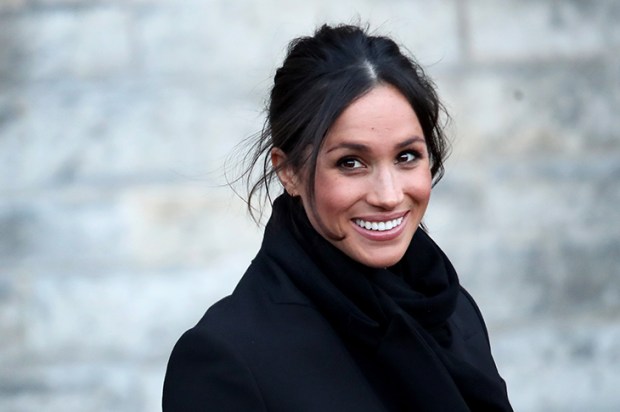

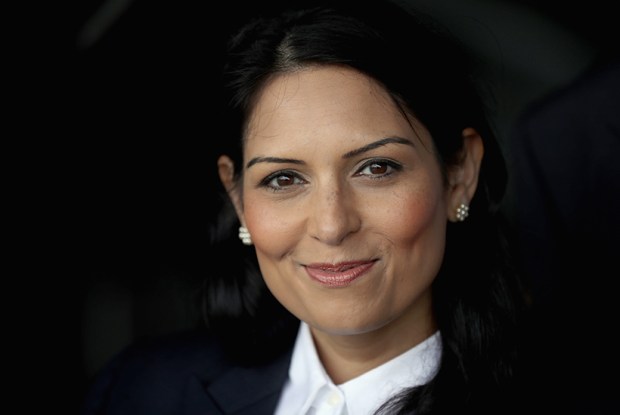
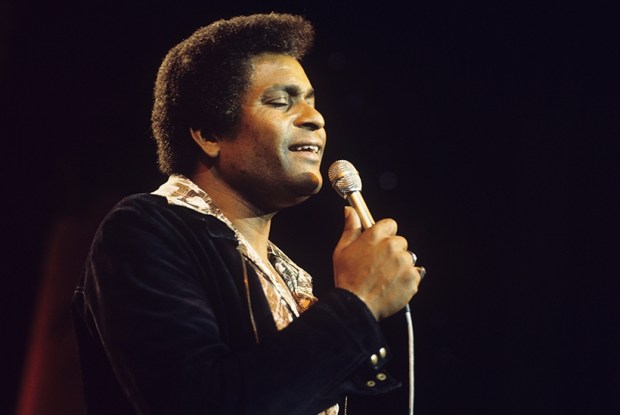

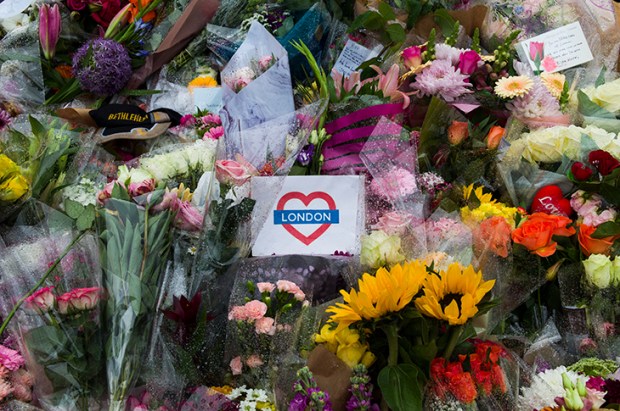






Comments
Don't miss out
Join the conversation with other Spectator Australia readers. Subscribe to leave a comment.
SUBSCRIBEAlready a subscriber? Log in